Disabled people are often desexualised by others, and expressing a sexuality or gender outside the ‘heteronormative’ framework becomes quite a statement – not only do you have desires, but they’re different from those of the people around you. In practice, there’s no contradiction between being disabled and being LGBTQ, and there’s lots of us out there. Here are five things for you to know:
1: Disabled people don’t just have sex, we have sexualities
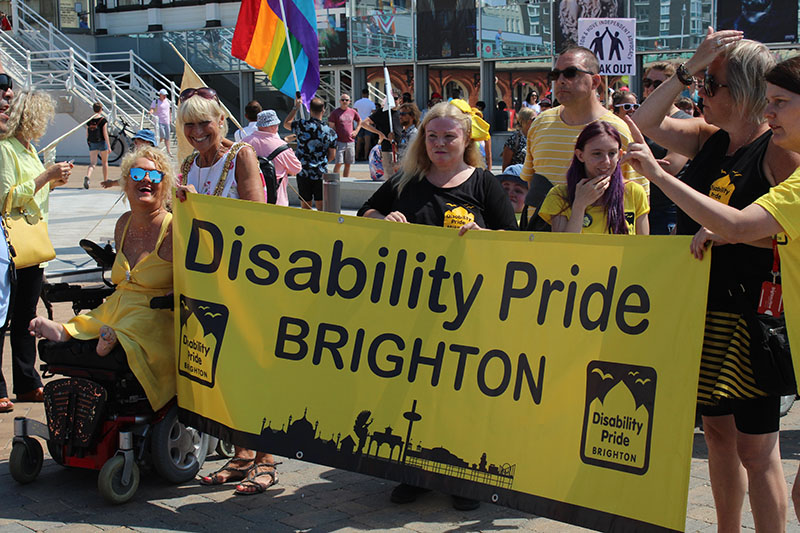
People often assume that just because we’re disabled, we don’t have any sexuality, or any interest in sex whatsoever. It’s a form of infantilising us – treating us like children – in which we’re not understood to be the teenagers and adults we are. Even when people accept that we might want to date, the assumption is that we’d be straight. In fact, there are lots of disabled lesbian, gay, bi and queer (LGBQ) people out there, and we find partners and love the same way everyone else does.
2: Other people’s responses are not your responsibility
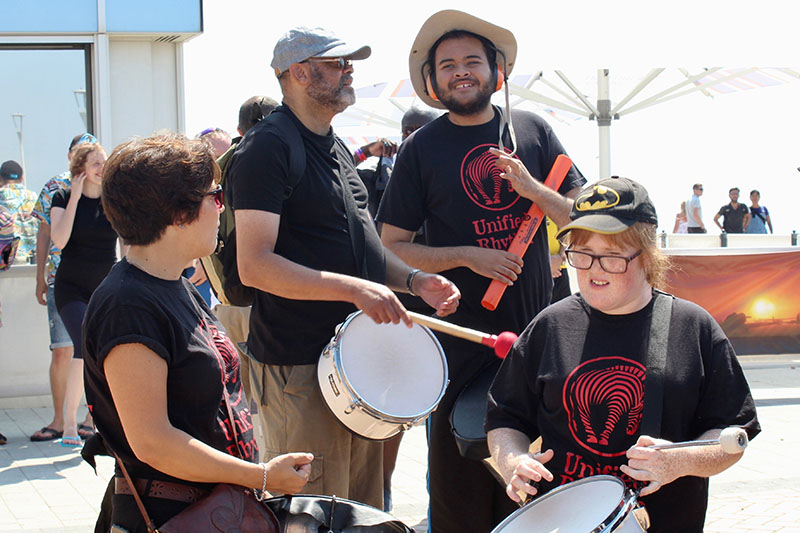
When, or if, you decide to ‘come out’ and tell the people in your life that you’re LGBTQ, remember that you’re not responsible for how they react. Family members sometimes want to grieve for the future that they’d assumed you’d have, but you’re not responsible for their future dreams or their feelings. The only thing you can do is focus on making yourself happy.
3: Take your time working things out
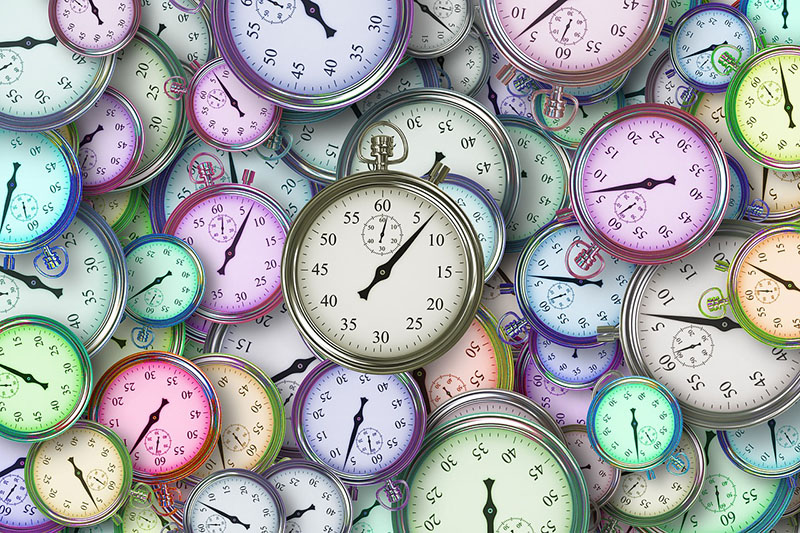
Finding out what you desire can be difficult – and this is made a lot harder if you were brought up with the people around you assuming that you didn’t have any desires! Remember that there’s no rush. Taking the time to know yourself is really worthwhile, and will help you establish happy relationships in the future.
4: Labels are there to support you, not constrain you
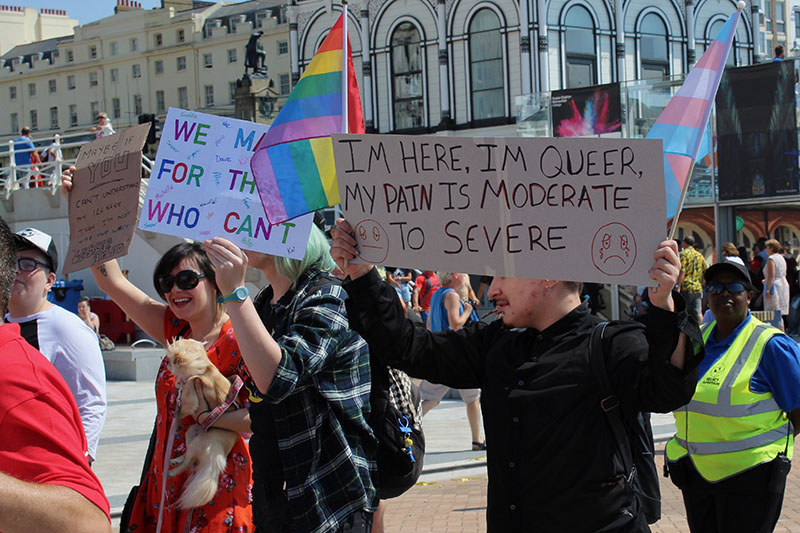
If you’ve found a label that describes you and helps you communicate yourself to other people, then that’s brilliant – but if that label no longer fits, don’t feel trapped in it. Labels work as a kind of social shorthand, but they shouldn’t become a prison. If one set of words don’t fit, you’ll find others that do.
5: You can be disabled and trans
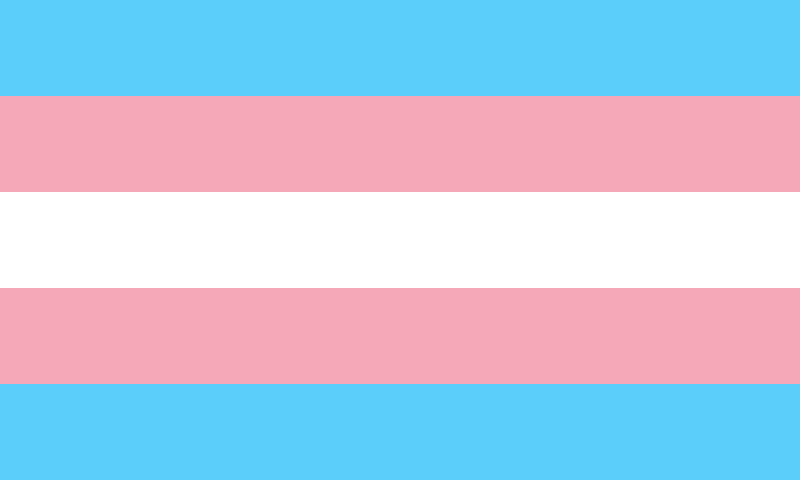
There are lots of disabled trans people out there. If you think you might be trans and want to discuss it with someone, talk to your GP, and, if you so desire, ask for a referral to a counsellor and/or a Gender Identity Clinic. While some aspects of transition might be harder (I couldn’t complete the surgeries I wanted because anaesthetic became too risky), being disabled shouldn’t stop you exploring this part of your identity, and finding language and gender that fits you.
Guidance and reports

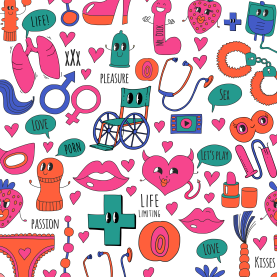
Rate and Review
Rate this article
Review this article
Log into OpenLearn to leave reviews and join in the conversation.
Article reviews